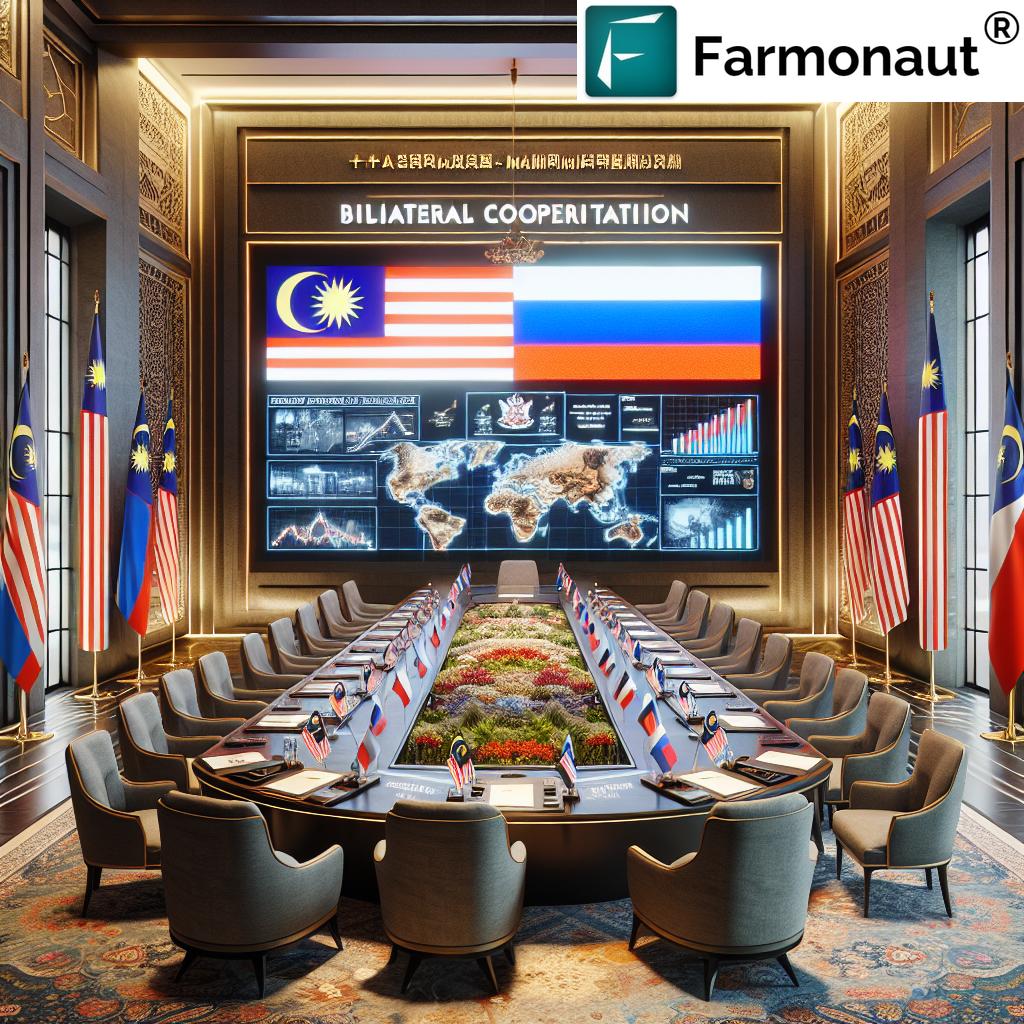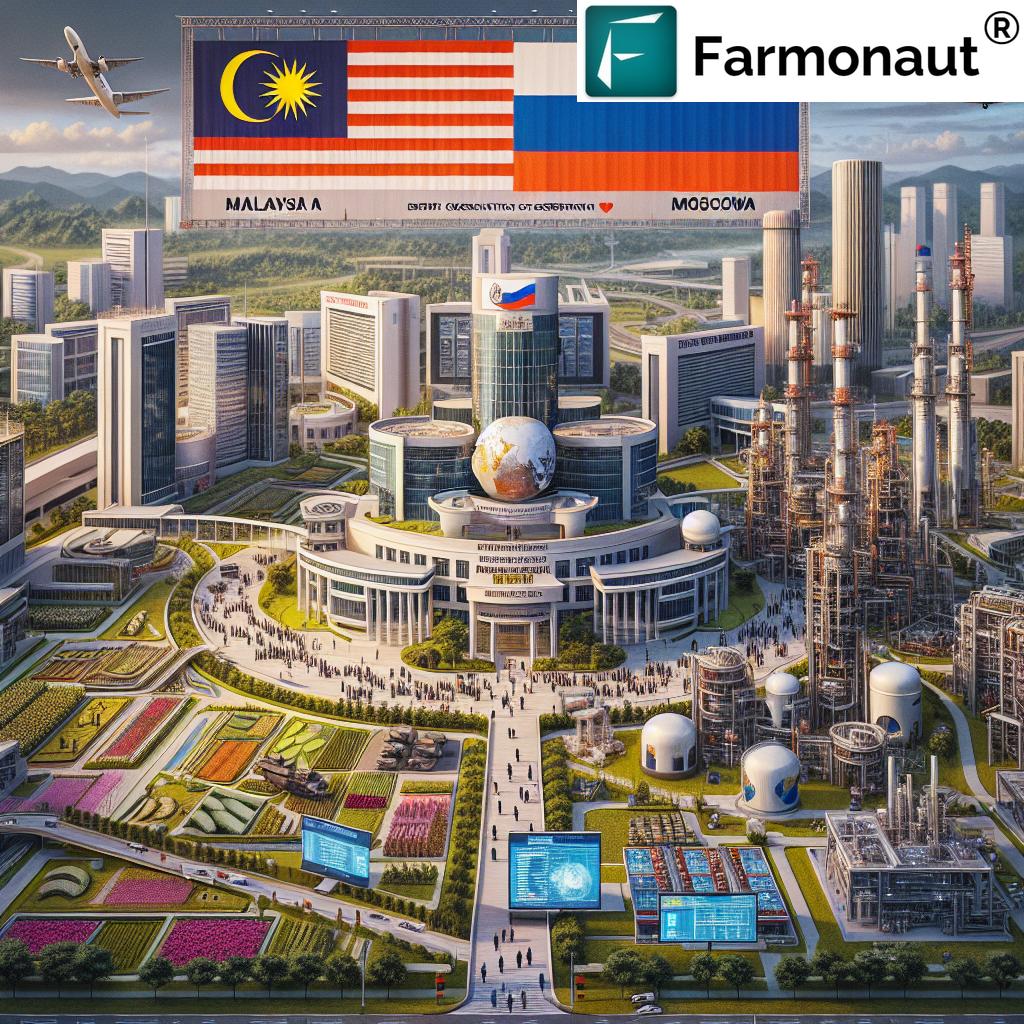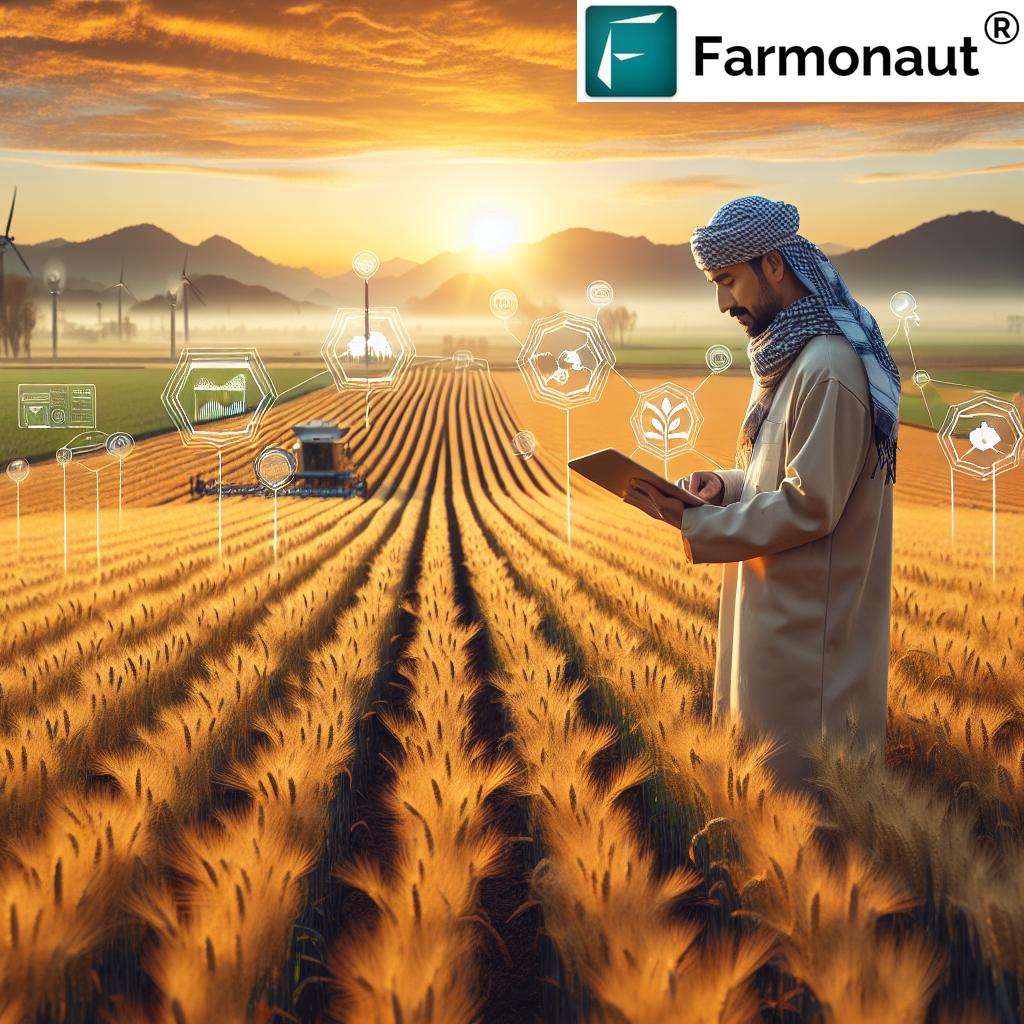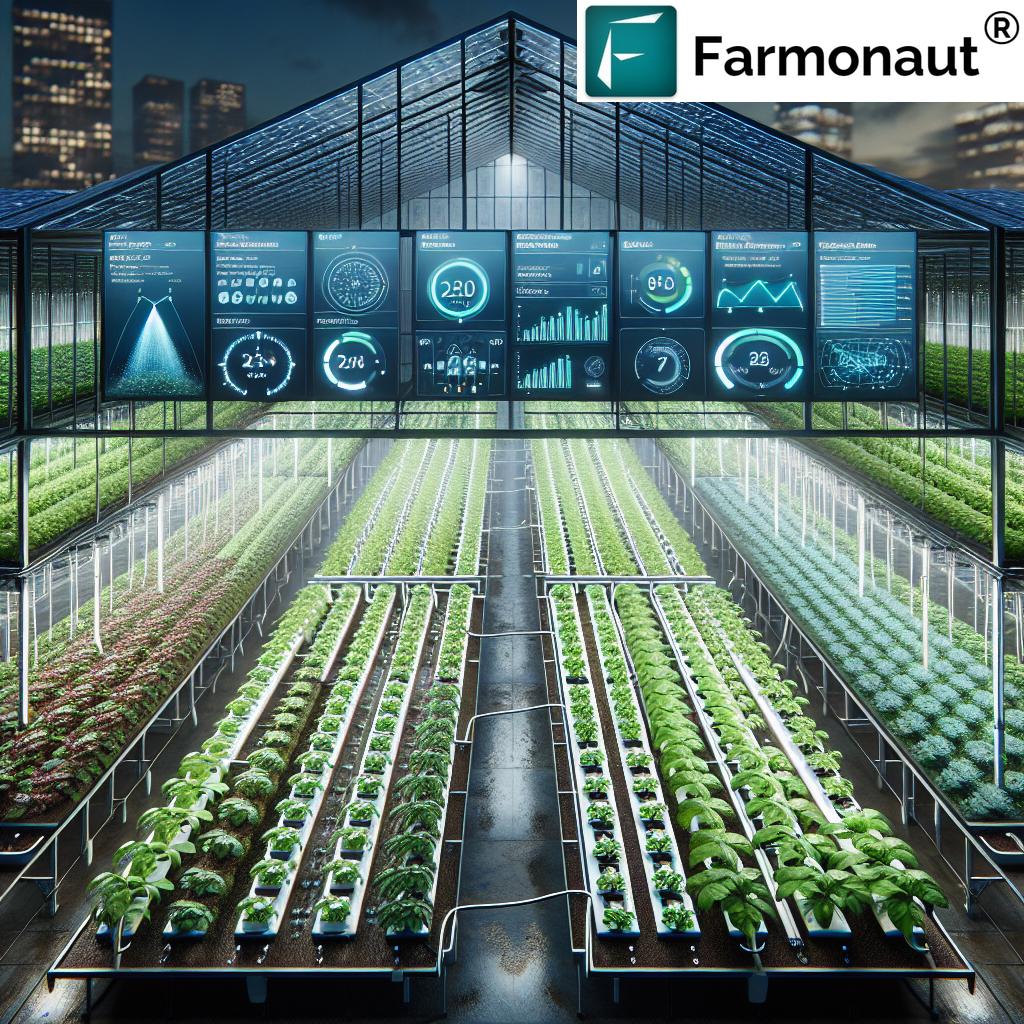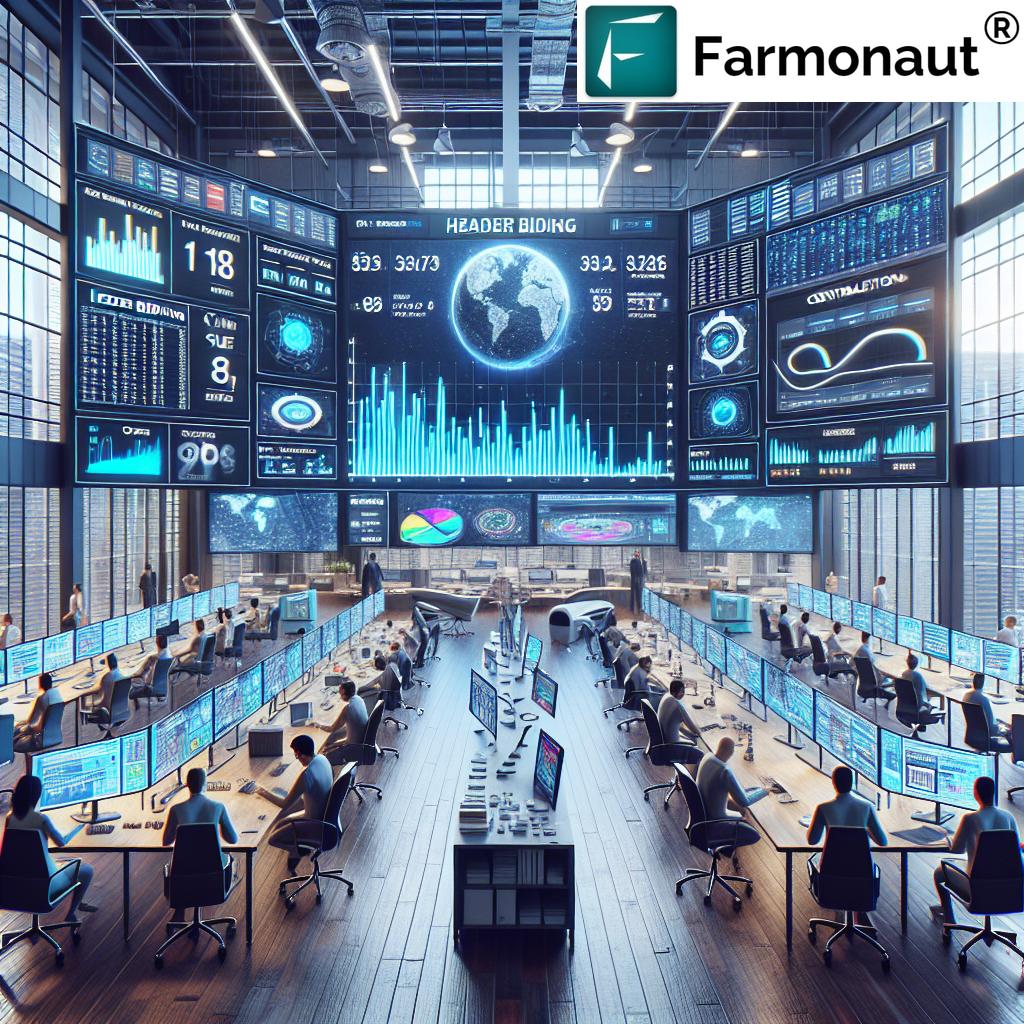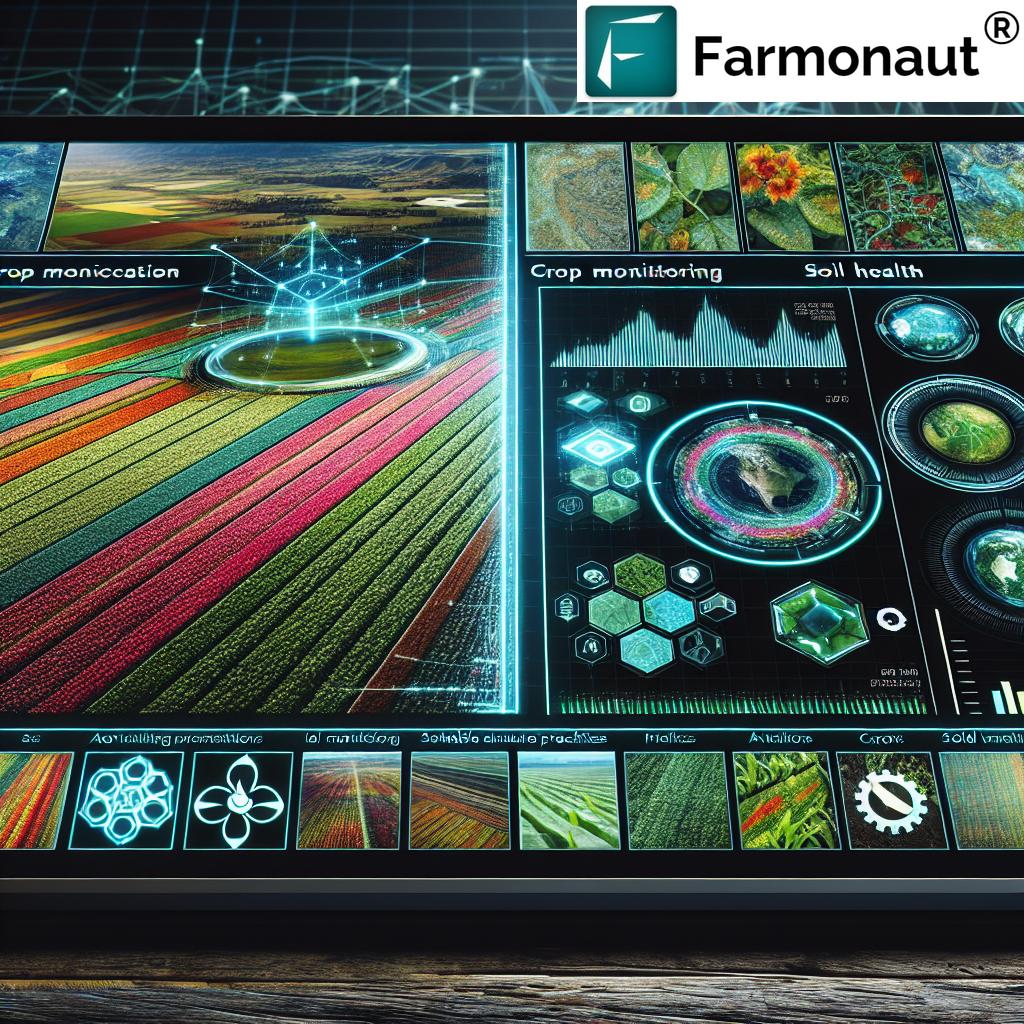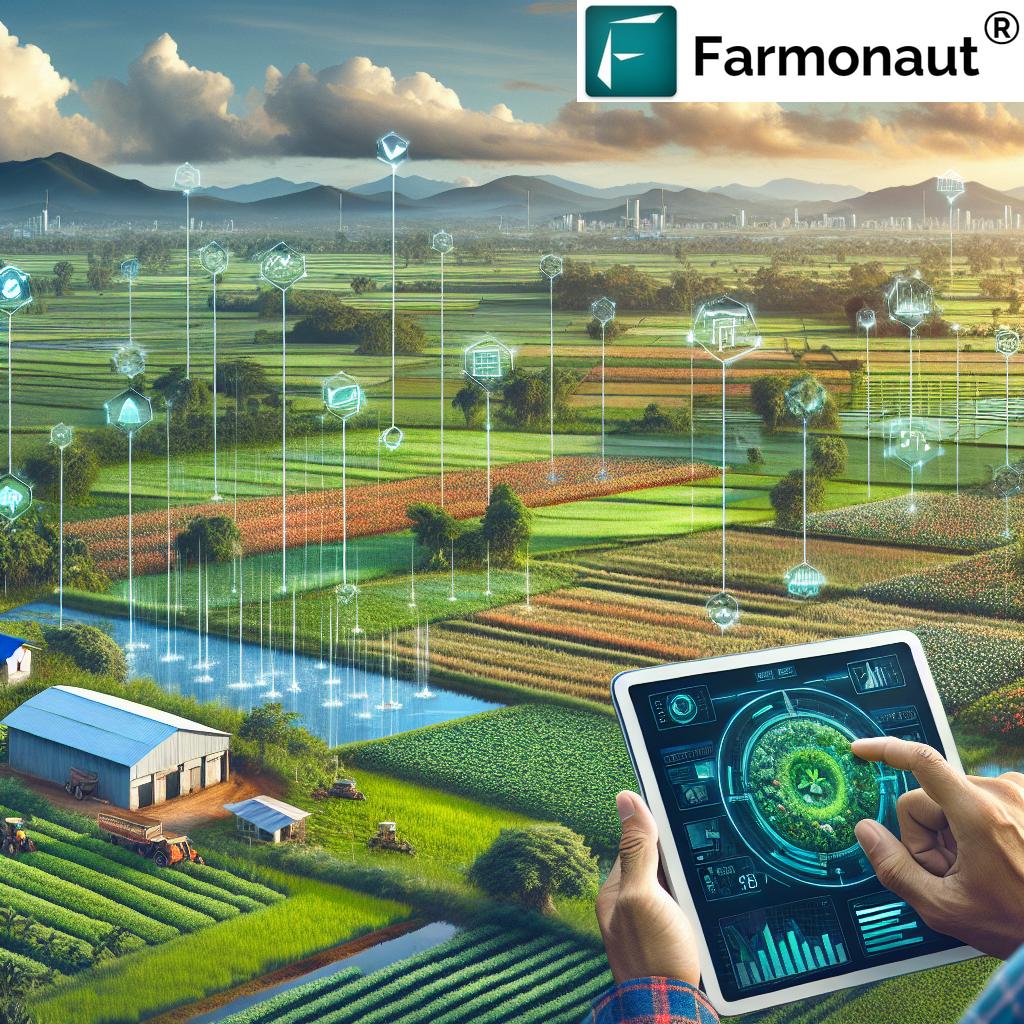Malaysia Russia Relations: 7 Powerful Trends in Economic Cooperation
“Malaysia-Russia trade volume surpassed $2.5 billion in 2023, marking a 15% increase from the previous year.”
Table of Contents
- Introduction: The Evolving Malaysia Russia Relations
- 1. Trade and Investment Cooperation
- 2. Energy Partnership: The Pillar of Economic Collaboration
- 3. Agricultural and Commodity Exchanges
- 4. Educational and Academic Exchanges
- 5. Cultural, Tourism and People-to-People Ties
- 6. BRICS and Multilateral International Cooperation
- 7. Regional Security and Geopolitical Alignment
- Year-by-Year Bilateral Cooperation Trends Table
- Innovative Tools Empowering Agriculture
- Conclusion
- FAQ: Malaysia Russia Relations & Economic Cooperation
Introduction: The Evolving Malaysia Russia Relations
Malaysia Russia relations are entering a new era—one characterized by dynamic economic partnership, strengthening trade ties, and increasing collaboration on regional and international issues. As displayed during the official visit of Malaysia’s Prime Minister Anwar Ibrahim to Moscow and Kazan, bilateral cooperation between the countries is not only robust but also swiftly adapting to the realities and opportunities in Southeast Asia. This summit, featuring in-depth talks with Russian President Vladimir Putin, reaffirmed the commitment to mutual support, rule-based multilateral arrangements, and innovative solutions for sustainable development.
In the course of these discussions, wide-ranging topics took center stage: from trade and investment opportunities in Malaysia, Russia Malaysia energy cooperation, to cutting-edge academic exchanges between nations and Malaysia’s pivotal participation as a new BRICS partner. Furthermore, regional security in Asia Pacific and platforms such as ASEAN are underscoring the strategic depth and mutual benefit that define this relationship.
In this comprehensive analysis, we explore the seven most powerful trends shaping Malaysia Russia relations—delving deep into economic cooperation, partnership between countries, technological advancements, and the concrete outcomes and future prospects of this evolving alliance.
1. Trade and Investment Cooperation: Driving Economic Partnership in Southeast Asia
At the forefront of Malaysia Russia relations lies trade and investment. Bilateral economic cooperation has consistently expanded, with mutual supplies of energy products, grains, machinery, and advanced technologies demonstrating the complementarity of both economies.
Trade Volume Growth. As of 2024, trade between Russia and Malaysia exceeded $3.2 billion, with a remarkable trajectory even during a period of global economic volatility. The economic structure of both countries enables mutually beneficial commerce in strategic sectors from petroleum supplies to agricultural commodities and machinery.
- Main Export Categories: Russia exports petroleum, coal, fertilizers, and grains, while Malaysia exports palm oil, electricals, and palm-based processed products among others.
- Investment Initiatives: Operation of the Intergovernmental Economic Commission, ongoing bilateral forums, and focused governmental support for joint ventures in gas, synthetic rubber, and petrochemicals.
- Growing Bilateral Cooperation: High-level meetings, such as the Eastern Economic Forum in Vladivostok and the Russia-Islamic World: Kazan Forum, foster strategic dialogues and actionable outcomes.
The prioritization of economic partnership in Southeast Asia is not accidental. Both governments recognize that investment and open markets are the engines that will power sustainable development and regional competitiveness.
- Key Takeaway: We are witnessing a positive shift in Malaysia Russia relations rooted in pragmatic, long-term, and mutually beneficial economic goals.
Trade and Investment Opportunities in Malaysia: Leveraging Advanced Tools
Trade facilitation and investment growth rely on technology-driven transparency and operational efficiency. With solutions such as Fleet Management (helping agribusinesses manage logistics and reduce operational costs) and Large-Scale Farm Management Platforms, both countries can ensure effective resource allocation and product movement, making international cooperation more seamless.
2. Russia Malaysia Energy Cooperation: The Pillar of Economic Collaboration
Among the most strategic aspects of bilateral cooperation between countries is the robust partnership in the energy sector. Russia, an energy superpower, supplies significant volumes of petroleum products and coal to Malaysia, while Malaysian corporations, notably Petronas, have become stakeholders in leading Russian energy firms.
- Rosneft and Petronas: Deepening shareholder cooperation, enabling access to upstream and downstream energy knowledge and markets.
- Gazprom and Gas Exploration: Gazprom’s partnership with Malaysian stakeholders, focusing on new opportunities in gas sector and innovation in clean energy.
- Synthetic Rubber Plant: Built with Russian expertise and capital, it symbolizes the deepening of economic development and technological transfer.
Future prospects include expanded joint projects in peaceful nuclear development—a forward-looking area poised to address environmental sustainability, energy needs, and strong economic growth.
- Strategic Takeaway: Russia Malaysia energy cooperation is transforming energy security and technological capability for both nations, securing their places as regional leaders.
For agribusinesses and energy sector logistics, Fleet Management by Farmonaut offers route and fleet optimization to cut costs and minimize carbon emissions. Similarly, Carbon Footprinting Tools empower companies and governments to track and reduce environmental impact, supporting sustainable growth—an urgent objective for both Malaysia and Russia.
“Over 1,000 Malaysian students are currently enrolled in Russian universities, strengthening bilateral educational ties.”
3. Agricultural and Commodity Exchanges: Meeting the Needs of Both Nations
Agriculture forms a vital part of Malaysia Russia relations, as bilateral cooperation between countries contributes directly to national food security and the needs of their respective populations. Russia supplies grains and fertilizers—potash and nitrogen—enabling Malaysia to boost its agricultural productivity, while Malaysia’s food exports, palm oil, and other products meet demands within Russia.
- Long-term contracts on fertilizer and commodity supplies have built resilient supply chains.
- Halal-Certified Meat and Dairy: Russian producers are actively scaling up exports of premium products to meet Islamic Halal standards, crucial for the growing Malaysian market.
- Blockchain-Based Traceability: The integration of blockchain solutions, as provided by Farmonaut’s Product Traceability platform, is promoting transparency and trust in agricultural supply chains, an essential aspect of international trade and consumer confidence.
As both nations face the dual challenges of sustainability and yield maximization, technological advancements—such as satellite-based crop health monitoring—have become increasingly important to precision agriculture and risk management.
Supporting Food Security with Advanced Farm Management
The integration of satellite imagery, AI, and machine learning—exemplified by Farmonaut’s advanced agricultural platform—enables both countries to achieve higher yields, reduced input costs, and much improved supply chain management. These innovations are indispensable for modern governments, organizations, and farmers pursuing sustainable solutions and food system resilience.
4. Academic Exchanges Between Nations: The Backbone of Innovation
Academic and educational exchanges are foundational to Malaysia Russia relations, underpinning the collaborative development of new skills, research, and cultural understanding. Currently, more than 80 inter-university agreements facilitate joint research, degree recognition, and scientific collaboration.
- Malaysian Students in Russia: At present, over 1,000 Malaysian students are pursuing studies at various Russian universities, notably in medicine, engineering, technology, and the aviation sector. This figure continues to grow, supported by the Russian government’s dedicated quotas and recognition of Russian diplomas by Malaysian employers.
- Russian Language and Technical Education: Institutions such as the Malaysian Institute of Aviation Technology, in collaboration with Moscow Aviation Institute, are pivotal in strengthening linguistic and technical bridges.
- Cultural Understanding and Academic Growth: The University of Malaya, Malaysia’s premier higher learning institution, champions Russian studies, contributing to a deeper appreciation of language, academic culture, and international cooperation.
These educational ties promote cross-border understanding, innovation, and future leadership—critical catalysts for continued economic development and peace.
When it comes to scalable, affordable and real-time agricultural monitoring—key for university research and government policy—solutions such as Large-Scale Farm Management by Farmonaut deliver precise data to drive research insights, training, and agri-education.
5. Cultural, Tourism and People-to-People Ties: Building a Foundation of Mutual Understanding
Beyond trade, energy, and technology, bilateral cooperation between countries flourishes in culture, tourism, and direct interpersonal relations. Regular cultural exchanges—film festivals, photo exhibits, and concerts—enrich mutual appreciation and reinforce both countries’ commitment to cultural diplomacy.
- Tourism Flows: With growing numbers of Russian tourists discovering Malaysian resorts, the two countries seek to further promote people-to-people ties.
- Direct Flights Initiative: Efforts to restore direct flights between Malaysia and Russia are underway, expected to further fuel business, education, and humanitarian ties.
- Shared Values and Respect: The own words of President Putin and PM Anwar Ibrahim highlight a deep admiration for each other’s history, culture and societal values, integral to long-term peaceful international relationships.
This foundation of mutual understanding, hospitality, and respect ensures enduring ties and smooth collaboration across all other domains, from government policy to grassroots initiatives.
6. Malaysia BRICS Partnership & Multilateral International Cooperation
The transition of Malaysia into a close BRICS partner symbolizes a fundamental shift in the global order, widening the avenues for economic cooperation, knowledge exchanges, and collective bargaining in international forums.
- BRICS Invitation: Under Russia’s chairmanship, Malaysia was formally invited to participate as a BRICS partner, opening participation in BRICS events and integration into cooperative mechanisms.
- Multilateral Engagement: Both countries have reaffirmed their dedication to rule-based international law, sovereignty, and non-interference, consistently aligning themselves at flagship multilateral venues, from the United Nations to sectoral forums on trade, technology, and culture.
- ASEAN Leadership: Malaysia’s current chairing of ASEAN brings yet another regional dimension, enabling closer coordination with Russia on regional peace, security, and sustainable development goals.
This new partnership model—a blend of ASEAN, BRICS, and bilateral coordination—positions both nations as formidable leaders and bridge-builders in the evolving global and Asia Pacific landscapes.
Discover how modern technology, transparency, and traceability can support international food exports, build consumer trust, and ensure compliance—see Farmonaut’s Blockchain Traceability.
7. Regional Security in Asia Pacific and Geopolitical Alignment
A defining aspect of Malaysia Russia relations is the shared vision of regional security in Asia Pacific and the global order. With overlapping stances on the rule of international law, sovereignty, and opposition to unilateral action, both countries serve as advocates for peace and constructive diplomacy.
- Asia Pacific Stability: Joint discussions on promoting peace, dialog between ASEAN and Russia, and sustainable development mark a new phase in multilateral cooperation and security assurance.
- Centrality and Independence: Malaysia’s regional policy focuses on national interest, non-alignment, and determining its own best course—qualities that reinforce mutual trust and align with both Asian and Russian approaches to security.
- Geopolitical Dialogues: Through summits, forums, and government-to-government communication, we address immediate and long-term security issues, covering defense, digitalization, and technology exchanges.
The expectation of top-level visits in the coming ASEAN summit underscores the seriousness of these commitments—leading not only to strengthened relations between countries, but also a safer, more cooperative Asia Pacific.
Year-by-Year Bilateral Cooperation Trends Table
| Year | Trade Volume (USD Billion, est.) | Main Export Categories | Key Cooperation Initiatives | Educational Exchanges (Students/Programs) | Notable Bilateral Events |
|---|---|---|---|---|---|
| 2018 | 2.10 | Petroleum, Palm Oil, Machinery | Joint Energy Projects Initiated; Education MOUs Signed | 500 / 60 | Malaysia–Russia High Level Meeting |
| 2019 | 2.25 | Coal, Grains, Electrical Goods | Agro Exchange Agreements; Aviation Collaboration | 600 / 65 | Eastern Economic Forum: Malaysia Participation |
| 2020 | 2.08 | Petroleum, Food Products, Rubber | Synthetic Rubber Plant Completed | 750 / 75 | Online Bilateral Economic Dialogues |
| 2021 | 2.34 | Potash Fertilizers, Dairy, Palm Oil | Halal Certification Moved Forward; New Transport Routes | 800 / 79 | Direct Flights Plan Announced |
| 2022 | 2.46 | Grains, Machinery, Electronics | Expansion of Education Quotas; Blockchain Traceability Pilots | 900 / 80 | Russia–Islamic World: Kazan Forum |
| 2023 | 2.53 | Energy, Dairy, Processed Foods | BRICS Partnership Invited; Direct Academic Exchange Intensified | 950 / 84 | PM Anwar’s Visit to Vladivostok |
| 2024 | 3.20 | Petroleum, Coal, Food Products, Palm Oil | BRICS Activities Integration; Large-Scale Technology Transfers | 1,000+ / 87 | Official Visit to Moscow & Kazan, Strategic Talks |
Innovative Tools Empowering Agriculture and Economic Cooperation
As trade, technology, and economic development become ever more integrated, modern solutions are indispensable. Farmonaut’s mission is to make precision agriculture affordable and accessible via advanced satellite AI, blockchain, and real-time data tools. Our offerings include:
- Satellite-Based Crop Health Monitoring: Gain real-time NDVI, soil moisture, and pest management insights—empowering farmers, governments, and agribusinesses in both countries.
- AI Advisory for Yield Optimization: Personalized, actionable farm management advice based on weather and crop status—boosting efficiency and productivity for Malaysian and Russian agricultural stakeholders.
- Blockchain Traceability: Ensures trust in international food supplies, augments cross-border collaboration, and supports compliance for both large-scale and smallholder farmers.
- Fleet & Logistics Management: Streamlines agricultural logistics, optimizes vehicle/machinery use, and supports eco-compliance for both nations’ agribusinesses. More details at Fleet Management.
- Crop Loan & Insurance Verification: Satellite-based monitoring for banks and insurers. Malaysia, like Russia, can substantially reduce fraud and facilitate financing for small farmers. Learn more.
- Carbon Footprinting: Vital for meeting climate targets, our tools help monitor and reduce farming-related emissions. Explore Carbon Footprinting.
- API Integration for Governments and Developers: Leverage our satellite/API data to build custom agri-solutions supporting cross-country research and trade. Get API details or read the API documentation.
For quick access to all app features and demos, use the Farmonaut Web App, Android, or iOS application links above.
Conclusion: The Future of Malaysia Russia Relations in Economic Cooperation
As we look to the future of Malaysia Russia relations, seven powerful trends shape the path ahead—rooted in commerce, energy, agriculture, education, culture, BRICS partnership, and regional security in Asia Pacific. Our countries have demonstrated a sincere, long-term commitment to bilateral cooperation—each supporting the other’s development, prosperity, and global standing.
By leveraging the opportunities of mutual trade, sustained investment, technological transfer, and vibrant educational and cultural exchanges, both nations stand to be at the forefront of regional and global innovation. Multilateral platforms such as the UN, ASEAN, and BRICS further cement the alliance—ushering in new possibilities for Southeast Asia, Russia, and the world.
The coming years will be characterized by deeper partnerships in energy, technology, sustainable development, and agriculture, along with increasing people-to-people ties, seamless direct flights, and cutting-edge collaboration in academic, digital, and security fields.
In closing, Malaysia Russia relations remain one of the region’s brightest examples of peace, friendship, mutual support, and forward-thinking economic partnership.
FAQ: Malaysia Russia Relations & Economic Cooperation
What are the main export products between Malaysia and Russia?
Malaysia primarily exports palm oil, electrical goods, and processed foods to Russia. In return, Russia supplies petroleum, coal, grains, dairy, and fertilizers, among other commodities. These exports reflect the unique strengths and market needs of both countries, strengthening bilateral trade.
How important is energy cooperation in Malaysia Russia relations?
Russia Malaysia energy cooperation is pivotal, with major Malaysian firms like Petronas investing in Russian energy assets. Russia’s vast oil, gas, and coal reserves help meet Malaysia’s growing energy needs, while technological projects—including synthetic rubber and peaceful nuclear development—foster long-term collaboration.
What is the role of education and academic exchanges?
Academic exchanges between nations fuel human capital development, with over 1,000 Malaysian students in Russia and more than 80 institutional agreements enabling research and knowledge transfer. Recognized Russian degrees and bilateral programs are instrumental in science, technology, innovation, and aviation fields.
How does Malaysia’s participation as a BRICS partner influence relations?
Malaysia’s BRICS partnership deepens economic cooperation, opens new investment channels, and aligns both countries on global issues such as multilateral governance, climate change, and international law. It marks a strategic shift for Malaysia in global geopolitics and economic development.
Are direct flights between Malaysia and Russia operational?
While not yet fully restored, both governments have made the resumption of direct flights a priority. This move will further promote tourism, business, and educational ties, making travel between the two countries more efficient and convenient.
What innovative technology platforms support agricultural cooperation?
Platforms like Farmonaut offer satellite-based crop health monitoring, AI-driven advisory, blockchain traceability, and fleet/resource management. These technologies help optimize yields, ensure supply chain transparency, and promote sustainable agriculture across bilateral trade and government programs.


